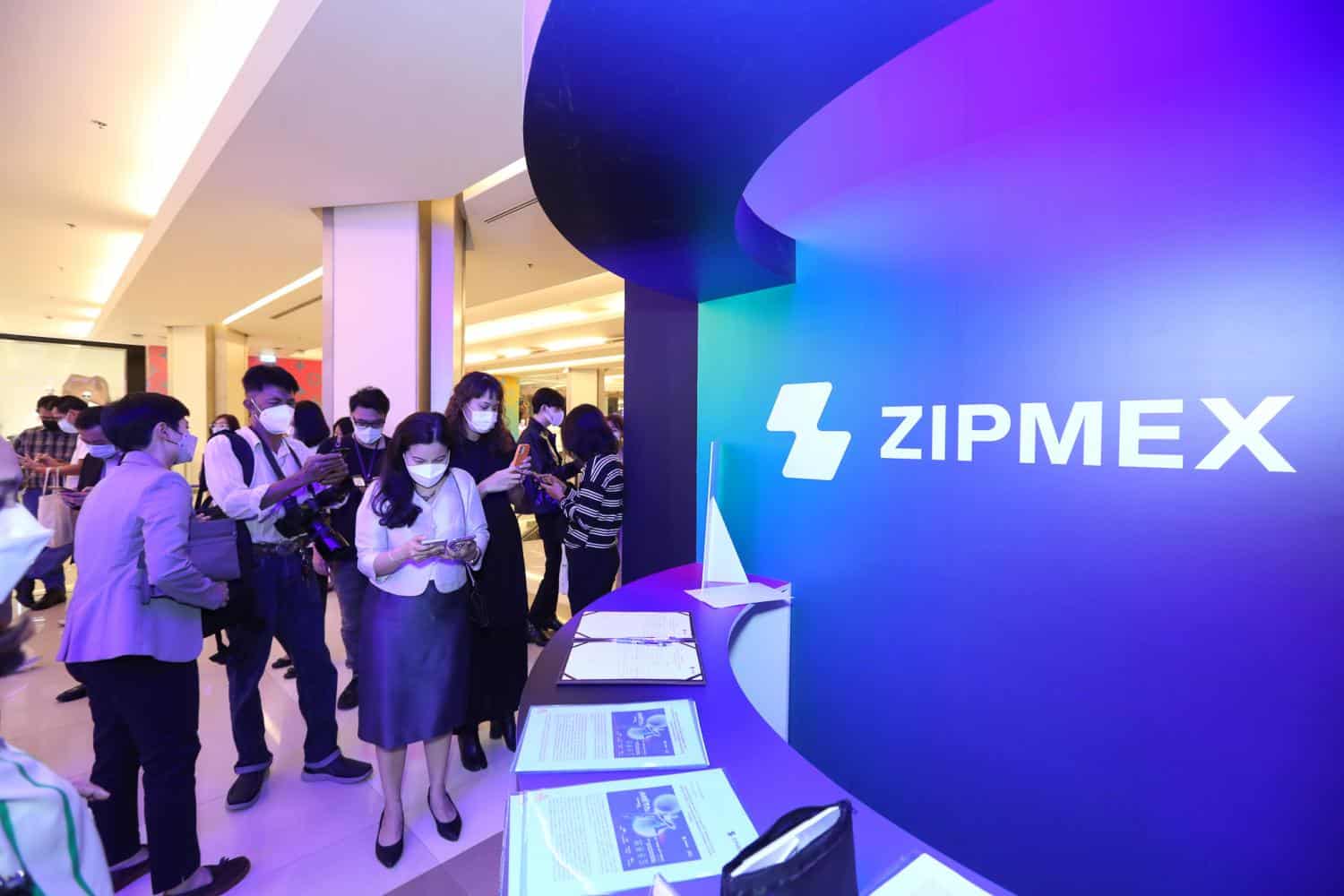Business
Zipmex Thailand Investors Face US$135 Million in Losses

If Zipmex fails to recover its loans from Babel Finance and Celsius, investors could lose up to US$135 million in digital assets deposited with ZipUp+, a Zipmex Global (Singapore) high-yield product.
Zipmex, Thailand’s second-largest cryptocurrency exchange, suspended withdrawals on Wednesday due to financial difficulties.
On Suthichai Yoon’s podcast, Napapatch Piyachaiyakul and other analysts discussed the immense damage caused by Zipmex.
Approximately US$135 million worth of investors’ money was stored with ZipUp+, Mr. Napapatch said in the Suthichai Podcast Interview.
According to Zipmex co-founder and chief executive Akalarp Yimwilai, the damage is less than US$135 million, and the exchange is discussing with its legal department whether the figure can be revealed.
Mr. Akalarp said Zipmex Thailand is preparing to sue its global partners, including Zipmex Global, and is negotiating the sale of its business. According to him, the company will refund clients the money.
On Thursday at 2pm, Zipmex Token (ZMT) fell by 40% to around 33 cents after Zipmex suspended withdrawals.
As of July 21, Zipmex Global’s financial exposure to troubled crypto lenders Babel and Celsius amounts to US$48 million, or 1.1 billion baht, and $5 million, or 184 million baht, respectively. On July 13, Celsius filed for bankruptcy protection.
KFIN invested US$41 million in Zipmex Thailand
On June 9, Zipmex Asia (Singapore) announced that it raised US$40 million, or about 1.4 billion baht, from Coinbase, the largest US crypto exchange, and several Thai listed companies, including Krungsri Finnovate (KFIN), the corporate venture capital firm under Bank of Ayudhya, Plan B Media (PLANB), and Master Ad (MACO). A US$400 million Series B round of funding was raised to increase the company’s value.
The suspension of withdrawals from ZipUp+ won’t affect KFIN’s investment deal with the digital exchange, said Sam Tanskul, managing director.
In September last year, KFIN invested US$41 million in Zipmex Asia. Compared with the bank’s overall investments, Zipmex Asia’s investment proportion is relatively low. Digital assets are not part of the Finnoventure private equity fund, which doesn’t invest in them.
On Wednesday, several exchanges, including Upbit, Bitkub and SatangPro, clarified that they do not face any liquidity issues.
The shares of the listed companies investing in Zipmex Thailand and Asia are expected to face pressure in the near term, according to KTBST Securities.
According to KTBST, PLANB invested $2 million (67 million baht), whereas MACO invested US$5.9 million (197 million baht) in Zipmex Asia through comprehensive income, so there will be no negative impact on the companies’ profits or losses.
As a result of their investments in Zipmex Thailand and Asia, both companies will receive dividends from their investments.
In the short term, KTBST expects PLANB’s share price to fall by 0.016 baht per share, while MACO’s price will fall by 0.924 baht per share. According to the brokerage, PLANB will earn 561 million baht in 2023, a growth of 777% year-over-year.
KTBST has prepared no MACO analysis.
In its trade account with Zipmex Thailand, Brooker Group (BROOK) revealed that its subsidiary, Brooker International (BICL), deposited cash worth 1.8 million baht and 0.07989444 Bitcoin.
It has confirmed it has no investment in ZipUp+ and has sent an order to withdraw all assets.
Jitipol Puksamatanan, financial economist and investment strategist at UOB Asset Management, said investors were aware of digital assets’ risks before investing.
According to Mr. Jitipol, institutional investors and big financial institutions agree that the SEC should stay out of Thailand’s crypto sector. While investors were warned that the Zipmex Thailand situation could occur, they took the risk anyway.
Zipmex Thailand investors are primarily concerned about how it will proceed and return their money.
Zipmex’s CEO said on Thursday that if the company succeeds in raising capital through the sale of itself, it will be a happy ending for investors. According to Mr. Jitipol, some people want to see the SEC become involved.
What can the SEC do? It doesn’t have sufficient knowledge of cryptocurrencies to protect investors. How can investors be protected? While the SEC might ban exchanges from certain activities, isn’t that a trade-off for the market’s growth?”
He approved of the planned class action suit by Zipmex Thailand planned and urged Thai digital asset exchanges to be more transparent about how they use their investors’ money.
On Thursday morning, Saree Ongsomwang, secretary-general of the Thailand Consumer Council, commented on Zipmex’s damage control tactics.
According to her, Zipmex Thailand cannot suspend trading. If this is considered unfair treatment of consumers, the SEC should assess and deal with the situation. When consumers make a buying, selling or investment decision, it is within our powers to intervene.”






























